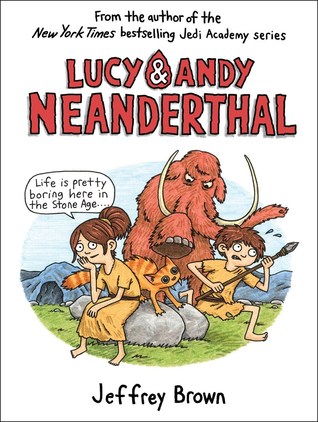 Yang, Gene Luen and Holmes, Mike. Paths and Portals (Secret Coders #2)
Yang, Gene Luen and Holmes, Mike. Paths and Portals (Secret Coders #2)August 30th 2016 by First Second
E ARC from Edelweiss Above the Treeline
Acquaintances and students at Stately Academy (Hopper, Eni and Josh) have discovered that the janitor, Mr. Bee, is not what he appears. He was the founder of Bee Academy, which was on the ground of Stately, and which was a school for computer coding. Some of the classrooms and equipment have been preserved deep underneath the new school, and in their free time the coders try to program the "turtles". They come up against the rugby team and the dean, who seem to have it in for them. Hopper is cut from the basketball team, although Eni is in the sites of a high school recruiter. This is the sequel to Secret Coders.
Strengths: This is a really admirable attempt to get children interested in coding languages instead of the drag-n-drop software that is usually trotted out as "coding". In fact, Wired.com has a nice article on the series.
Weaknesses: This one has more coding in it than the first one, and the story does suffer.
What I really think: Will probably buy, although the students who pick up graphic novels in my library are usually not children who would be interested in coding. You never know.
 Brown, Jeffrey. Lucy and Andy Neanderthal
Brown, Jeffrey. Lucy and Andy NeanderthalAugust 30th 2016 by Crown Books for Young Readers
Copy provided by the publisher
This graphic novel follows the daily life of a Neanderthal family, and their exploits are explained at the end of chapters y two scientists. We see the children create cave paintings, then learn about some actual extant ones; they go on a mammoth hunt, and there is information about mammoths; they design clothing (in sort of an odd way-- mammoth skin onesie, anyone?), then there is good information about processing skins, the tools used, and how garments were fashioned. Mr. Brown's illustrations insure that this book will be immediately picked up by readers who enjoy graphic novels, and they will get a lot of good information about Neanderthals in a humorous way. I especially appreciated the information in the back of the book about how science and further excavations give us more information, so that books written on this subject in 1940 might be vastly different from books written today.
Only two things gave me pause, and one of those was silly-- Neanderthals named Lucy and Andy? Aren't Neanderthals named things like Glork or Mrump? More seriously, there is a chapter where the Neanderthals meet humans. the Neanderthal children don't seem to have the typical characteristics that are shown in the adult men, and the humans seem to have different racial backgrounds. It seems to me that a tribe of humans at this point in history would probably all look related to each other.
That said, this is a fine addition to an elementary or middle school library where graphic novels, and this author in particular, are popular.
No comments:
Post a Comment